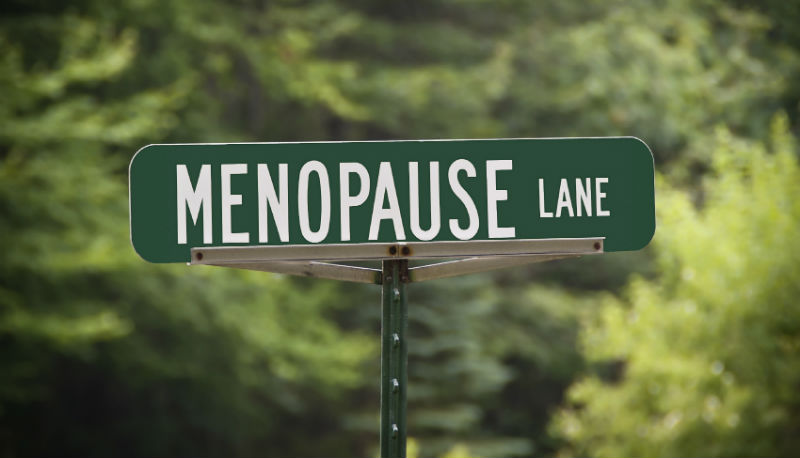What Does Postmenopausal Mean?
Most women experience the symptoms of menopause during their fifties. Though there is a great deal of information about menopause, many women are unaware of the unique health issues that occur during the postmenopausal stage. Postmenopause occurs after the initial onset of menopause. When a woman has not had her period for one year, she is then typically within the postmenopausal stage. While postmenopause is often a welcomed relief from the severe symptoms of menopause, it still comes with its own set of challenges.
Postmenopausal Symptoms
The sudden hormonal changes that happen after menopause lead to a variety of symptoms. Hot flashes often occur because the hypothalamus has trouble regulating body temperature without estrogen, and lower estrogen levels can also lead to vaginal dryness. In addition, postmenopausal women are at a higher risk for osteoporosis and heart disease. Mood swings, memory issues and sleep problems also become more common during the postmenopausal stage. If these symptoms are caused by low estrogen levels, postmenopausal hormone therapy may provide some relief.
How Can You Tell When You’re Postmenopausal?
Postmenopause typically happens after about a year of not having periods. For a more accurate assessment, a doctor can measure your levels of follicle stimulating hormone (FSH) through a blood test. Typically, high levels of follicle stimulating hormone indicate a woman has entered postmenopause.
Contact OB-GYN Women’s Centre of Lakewood Ranch for Postmenopausal Treatment and Care
Women still need medical support even after the intensity of menstruation and menopause are over. Routine Pap smears, pelvic exams and mammograms are always essential, regardless of age. If you are taking hormone therapy to relieve postmenopausal symptoms, your risk for cancer may be higher, so these regular checkups are even more important after menopause. Contact us today to see how we can support you during postmenopause.




